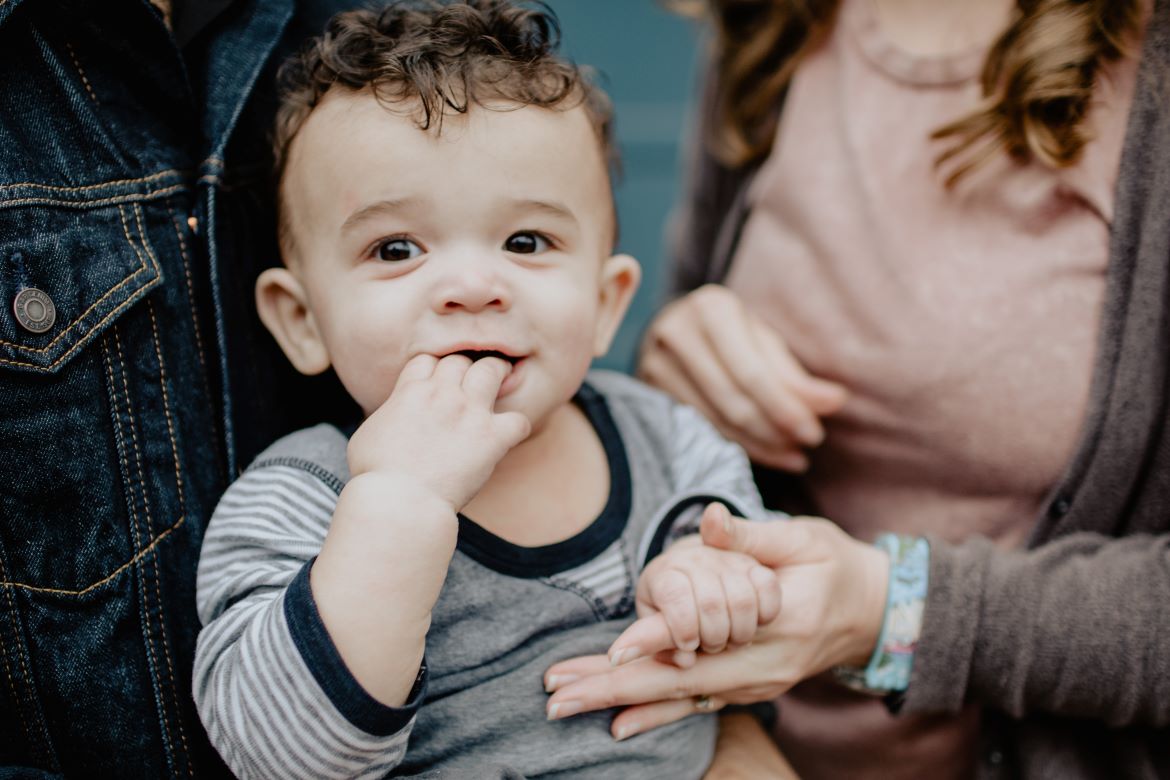By Jo Bealey
We all know that parenting is a complex and challenging journey that often leaves us parents feeling frustrated and overwhelmed.
However, despite the belief parents and children perceive things differently, there is always one commonality that unites us: the need to be heard, understood, and accepted.
From newborns, children have one goal: to seek out the comfort and security of their parents. Infants cry to communicate their needs, the toddlers will scream and children often act out in order for their parents to respond to their requirements.
Parents often seek that same sense of connection and understanding with their own children. The tolerance of children not being able to understand our parental perspective varies on our own upbringings.
…despite the belief parents and children perceive things differently, there is always one commonality that unites us: the need to be heard, understood, and accepted.
Many parents believe that what they are fighting against is a power struggle. The basis that they are a bad parent, with the belief of the ‘loss of control’ that comes from ‘you’re not listening to me!!’ (Hello, parent tantrum!).
When we pause to explore what’s happening in that moment, the frustration lies in the failure of being heard and understood by your child.
Communication is key: to be able to communicate effectively with children, we first need to be able to understand our child’s unique needs and perspectives, as more often than not, this is where the tantrum lies.
Let’s use a classic: We all know a parent who responds ‘because I said so‘ when asked something.
What does this communicate to a child?
It communicates a lack of willingness to understand and show empathy to what they are experiencing. The opportunity for being able to connect emotionally has been shut down. Cue the outburst of frustration from the toddler.
Both you and your child are experiencing the very same emotional response by not feeling misunderstood or heard.
It can be difficult for parents to put themselves in their children’s shoes, especially when they are dealing with challenging behaviour or difficult emotions.
Both you and your child are experiencing the very same emotional response by not feeling misunderstood or heard.
However, when we can set aside preconceived notions and biases of previous parenting generations, put down that power struggle and instead try to truly tune in to what children are saying or trying to communicate, you will find a much more peaceful parent/child relationship.
Acting as a mirror to your child’s feelings provides your child with reflection, reason and empathy – a skill which will enhance their emotional and social development.
‘You’re feeling sad because I said we couldn’t go to the park. I understand, but mummy isn’t feeling very well today. Perhaps we can go next week?’.
When a parent can offer this to a child, over time, children will also learn to listen to and understand their parents. (We’re in it for the long game!).











